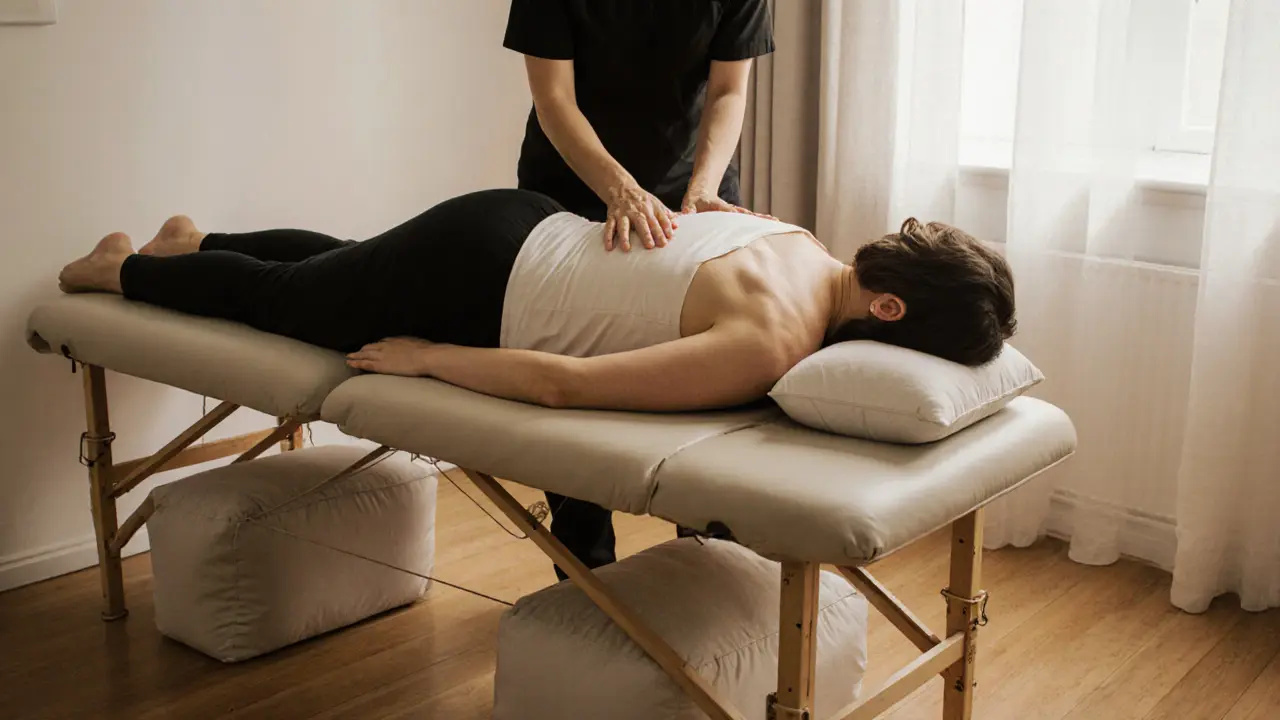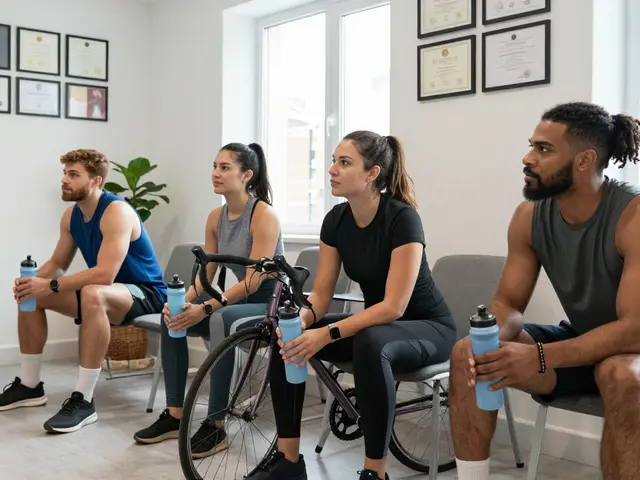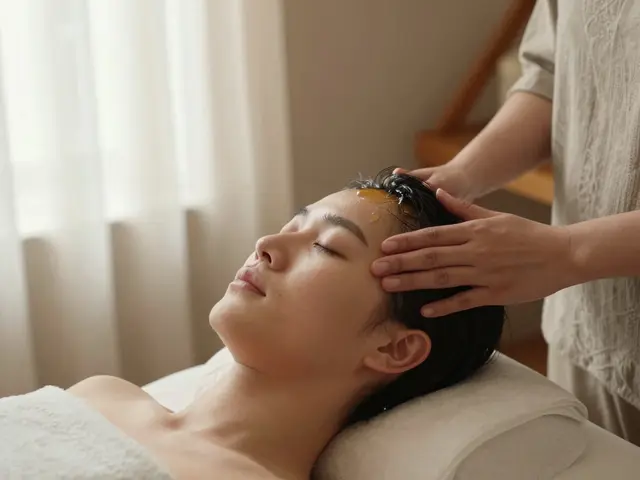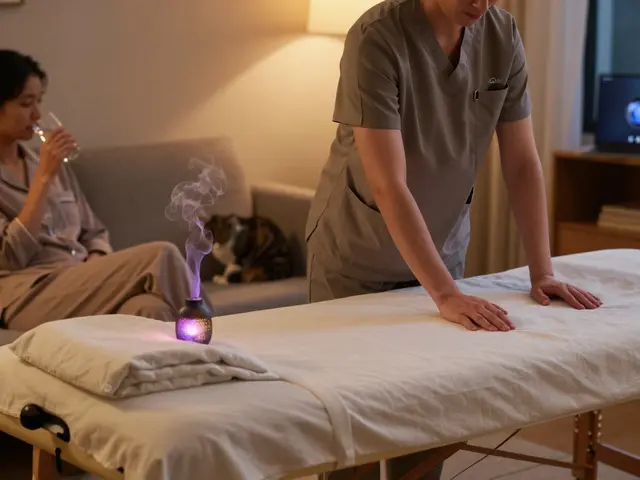What Makes Pregnancy Massage Different?
When you’re pregnant, your body changes in ways no book or class can fully prepare you for. Aches in your lower back, swollen feet, trouble sleeping, and that constant feeling of being stretched too thin - these aren’t just inconveniences. They’re signals your body is working hard. That’s where pregnancy massage comes in. It’s not just a luxury. It’s a targeted way to ease the physical and emotional strain of carrying a baby.
Unlike regular massage, pregnancy massage uses specific techniques designed for the changing shape and needs of a pregnant body. Therapists avoid deep pressure on the abdomen and inner thighs. They use pillows and side-lying positions to support your belly and reduce pressure on your spine. The goal isn’t to fix problems - it’s to help your body adapt more comfortably.
Why London Has Some of the Best Pregnancy Massage Clinics
London’s wellness scene has evolved over the last decade, and pregnancy care is now taken seriously. You won’t find just a few spas offering ‘prenatal’ services. You’ll find clinics staffed by therapists who specialize in obstetric massage - many with formal training in maternal physiology, pelvic floor health, and hormonal shifts during pregnancy.
Therapists at places like Prenatal Balance a London-based clinic specializing in pregnancy massage with certified therapists trained in the Arvigo Techniques of Maya Abdominal Therapy or The Maternity Spa a clinic offering prenatal massage with licensed midwives on staff don’t just know where to apply pressure. They know when to avoid it. They understand how progesterone loosens ligaments, how the growing uterus shifts your center of gravity, and how stress hormones like cortisol affect both you and your baby.
What to Expect During Your First Session
Your first session starts with a quick chat - not a rushed questionnaire, but a real conversation. The therapist will ask about your trimester, any complications, your usual aches, and whether you’ve had massage before. If you’re in your first trimester and have morning sickness, they’ll adjust the room temperature and avoid strong scents. If you’re in your third trimester and can’t lie on your back, they’ll use a side-lying position with bolsters under your knees and belly.
The massage itself lasts about 60 to 75 minutes. Most clinics use gentle, rhythmic strokes - not deep tissue. You’ll feel the tension in your lower back soften. Your shoulders will drop. Your breathing will slow. It’s not magic. It’s physiology. Pressure on the sciatic nerve decreases. Blood flow to the placenta improves. Your nervous system shifts from fight-or-flight to rest-and-digest.
How Often Should You Get a Pregnancy Massage?
There’s no one-size-fits-all answer, but most women find benefits with a session every 2 to 4 weeks during the second and third trimesters. If you’re dealing with persistent sciatica, insomnia, or swelling, weekly sessions for 3 to 4 weeks can make a noticeable difference.
Some clinics offer package deals - 4 sessions for £220, for example. That’s less than £55 per visit. Compare that to the cost of a single physiotherapy appointment or a course of acupuncture. Massage doesn’t just relieve pain - it reduces the need for other interventions. A 2023 study in the Journal of Bodywork and Movement Therapies found that pregnant women who received regular massage reported 38% less lower back pain and 31% fewer sleep disturbances than those who didn’t.
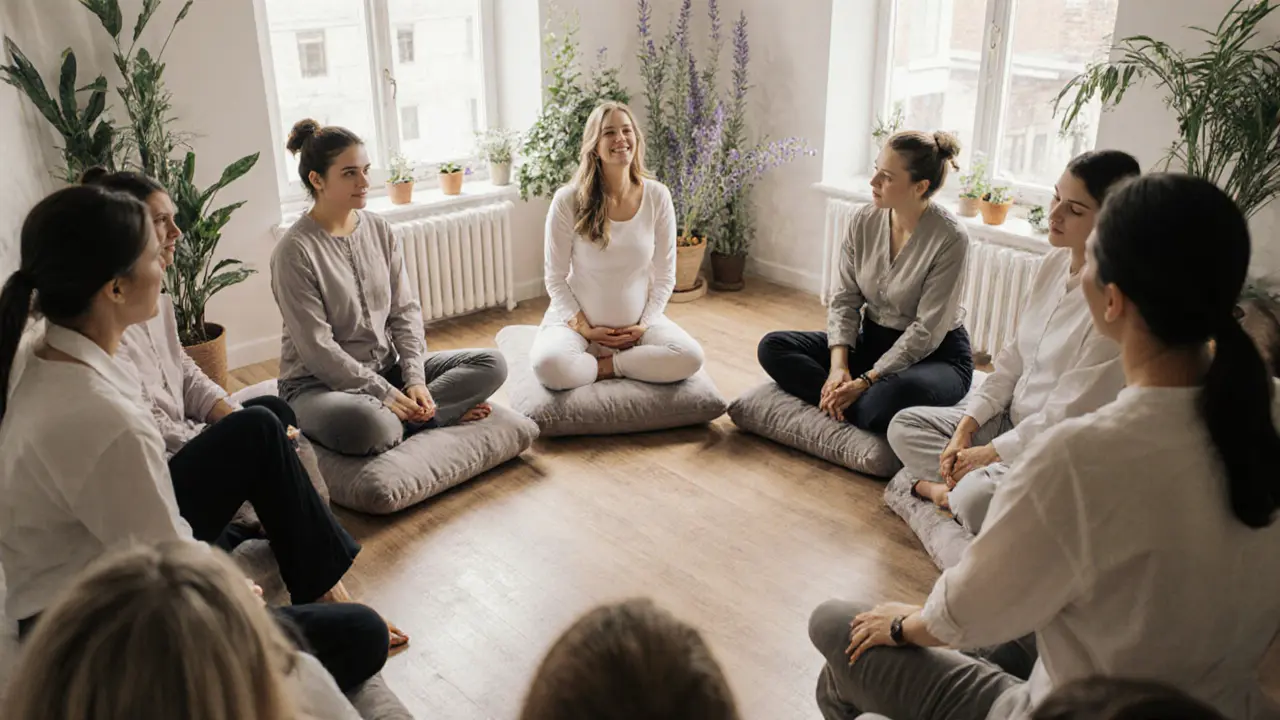
What to Look for in a London Pregnancy Massage Therapist
Not every spa therapist is trained for pregnancy. Look for these signs:
- Certification in prenatal massage (check for credentials like CPMT or Prenatal Massage Certification from the Federation of Holistic Therapists)
- Experience working with high-risk pregnancies (if you have gestational diabetes, preeclampsia, or a history of preterm labor)
- Use of pregnancy-specific tables or side-lying setups - no flat tables with belly pillows that don’t work
- Clear communication about oils used - avoid essential oils like rosemary, clary sage, or juniper, which can stimulate contractions
- Willingness to coordinate with your midwife or OB
Ask for references. Read reviews from other pregnant women - not just ‘lovely ambiance’ or ‘great scent’ - look for comments like ‘helped with my sciatica’ or ‘I slept through the night for the first time in months’.
Where to Go in London: Top 5 Clinics
Here are five clinics consistently recommended by London-based midwives and doulas:
- Prenatal Balance (Notting Hill) - Specializes in Swedish and myofascial release. Uses organic, fragrance-free oils. Offers 30-minute ‘quick relief’ sessions for busy mums.
- The Maternity Spa (Chelsea) - Staffed by registered midwives. Offers massage paired with breathing techniques. Ideal for women planning a natural birth.
- Body & Baby (Islington) - Focuses on pelvic alignment and sacral release. Great for women with pelvic girdle pain.
- Harmony Holistics (Primrose Hill) - Combines massage with aromatherapy using pregnancy-safe scents like lavender and citrus.
- Well Mama (Camden) - Offers group prenatal massage circles on Saturday mornings. A quiet, supportive space for expectant mothers to relax together.
What It Feels Like - Real Stories
Emma, 34, in her third trimester, started massage after a bad fall on the stairs. ‘I thought I’d just need painkillers. But after two sessions, I didn’t need them anymore. The therapist found knots I didn’t even know were there - in my glutes, under my ribs. I cried during the third session. Not from pain. From relief.’
Leila, 29, had insomnia for months. ‘I’d wake up every hour. After three weekly massages, I started sleeping 6 hours straight. I didn’t think it was possible.’
These aren’t outliers. They’re common outcomes. Massage doesn’t cure pregnancy. But it gives you back control - over your body, your rest, your peace.
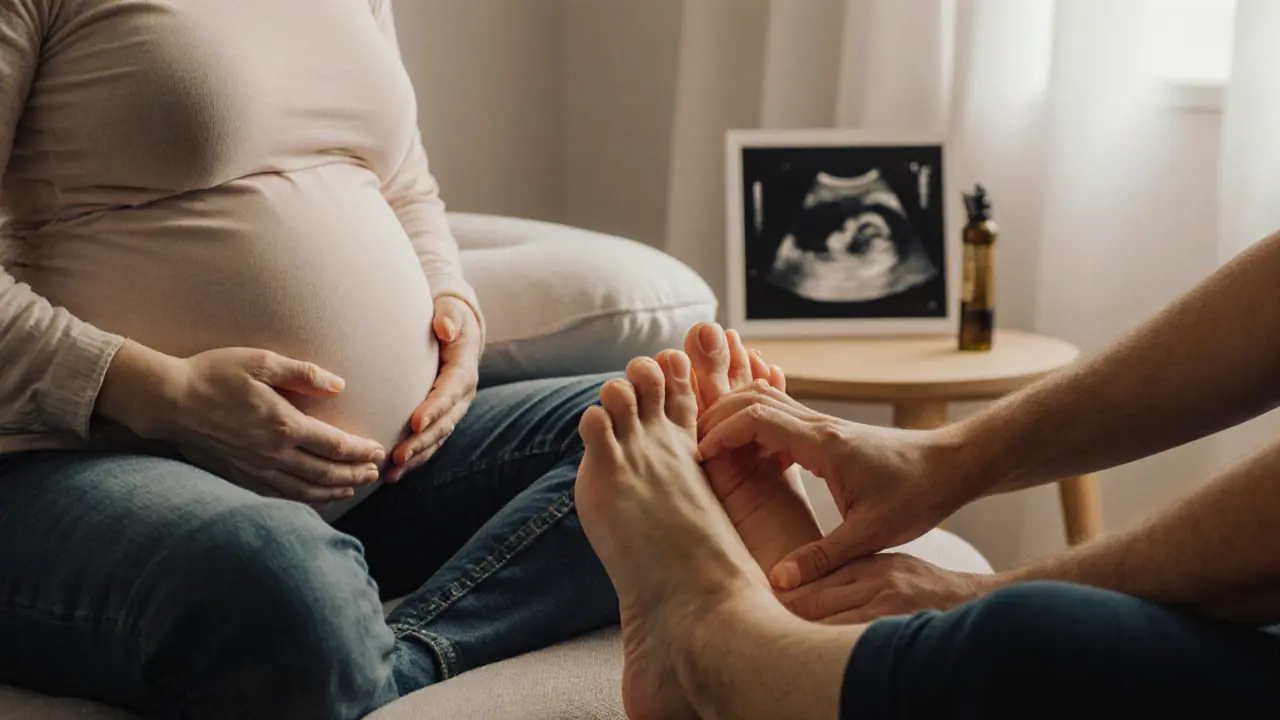
When to Avoid Pregnancy Massage
Massage is safe for most pregnancies - but not all. Avoid it if you have:
- Unexplained vaginal bleeding
- High-risk pregnancy with doctor’s orders to avoid physical stress
- Deep vein thrombosis (DVT) or history of blood clots
- Severe preeclampsia or uncontrolled hypertension
- Recent surgery or abdominal trauma
Always check with your midwife or doctor first. If they say yes, then find a therapist who listens - not just one who says ‘yes’ to everything.
Can You Do It at Home?
Partner massage can be helpful - but only if done correctly. A gentle hand on your lower back while you sit in a chair, or slow strokes on your feet with warm oil, can bring comfort. But avoid deep pressure on the legs or abdomen. Don’t try to ‘fix’ your own sciatica. You’re not a therapist. And you don’t know the risks.
There are pregnancy massage cushions and pillows - they help with positioning. But they don’t replace skilled hands. Think of it like this: you can stretch your own back, but if you have a herniated disc, you still need a physio.
How It Helps Beyond the Physical
Pregnancy isn’t just about your body. It’s about your mind. The constant worry. The isolation. The feeling that no one understands what you’re going through. A pregnancy massage isn’t just about muscles. It’s about presence. Someone is touching you - gently, intentionally - and saying, without words: ‘You’re safe. You’re cared for. You’re not alone.’
That matters. More than you think.
